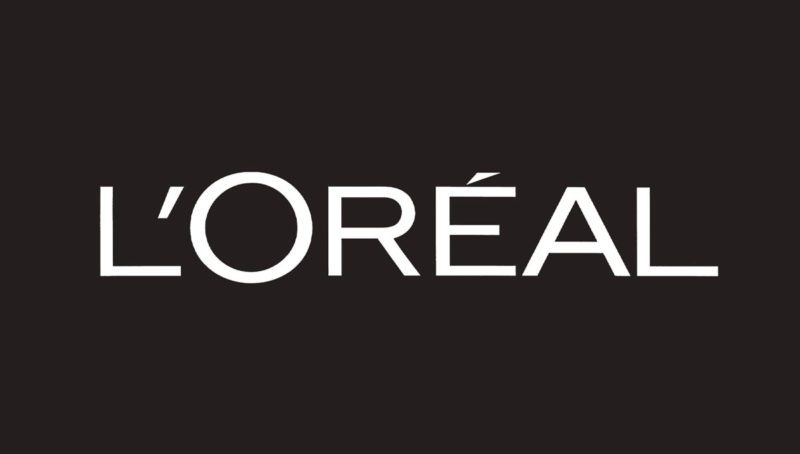Quick take:
- The trademark filings are made for its subsidiaries including Kiehl’s, Urban Decay, Maybelline, NYX and more.
- Trademarks were filed in the NFT and metaverse categories.
- It joins a number of big brands in filing for metaverse trademarks.
L’Oreal USA has filed new trademarks between Feb 7 and Feb 10 as it readies its move into the metaverse. The trademarks were filed on behalf of its subsidiaries including makeup and haircare brands like Kiehl’s, Urban Decay, Maybelline, NYX, and Redken, among others.
Filings for all 17 subsidiary brands include trademarks for the following:
- Providing an interactive website for virtual reality game services; entertainment services.
- Digital media, namely, collectibles, art, tokens, and non-fungible tokens (NFTs); NFTs featuring collectible digital items, images, photographs, art, videos or audio recordings used with blockchain technology; digital tokens used with blockchain technology to represent a collectible item, for data storage.
- Retail store services and online store services in relation to virtual goods.
- Creating an online community for digital assets, non-fungible tokens, and metaverses and online world.
For eight of the cosmetic brands, trademark filings cover “providing a metaverse for people to browse, accumulate, buy, sell and trade virtual cosmetics”, while the ones for haircare brands include “providing a metaverse for people to browse, accumulate, buy, sell, and trade virtual hair care preparations, hair styling preparations and hair coloring preparations”.
Kiehl’s filing includes virtual perfumery as well as non-medicated skincare preparations which L’Oreal’s other skincare brands like Cerave and Thayers have also filed for rights to.
While L’Oreal has not made any big moves in the virtual world, these trademark filings potentially indicate an intention for the company to set up shops in the metaverse to sell its virtual products as well as create NFTs for its brands.
As more metaverse-related legal issues pop up, the trademark filings could also be a way for the company to protect its intellectual property rights in order to prevent opportunists from profiting off unauthorised use of the brands’ marks and likeness.
L’Oreal is no stranger to the NFT space. It made its first foray into NFTs in December with its L’Oreal Paris Reds of Worth collection centred on female empowerment. Despite its positive message, the NFT collection didn’t perform well as it has only seen 0.5 ETH in total sales volume to date.
Big brands and celebrities have been catching on to the metaverse trademark filing trend lately. L’Oreal joins McDonald’s, Victoria’s Secret, Logan Paul, and the late Kobe Bryant’s company Kobe Inc. to file for trademarks in the virtual world so far this month.
Stay up to date:





